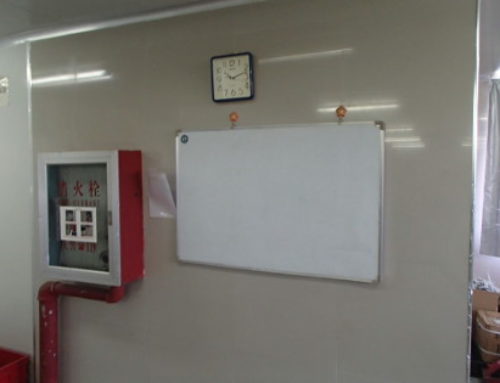In many countries, the average working time is actually quite higher than the legal working time.
Overtime hours are frequent and often made on quite a regular basis. It is the case of Morocco where overtime hours are made almost every Friday evening. It is also the case of China and Bangladesh where days of 10 or 11 hours are frequent, which means with 2 or 3 hours of overtime in the day.
These overtime hours are paid with a premium, however, one could question if it is normal they are done on a regular basis. It is a way to avoid the actual legal limitation on the maximum regular working time, isn’t it? But it is not exactly the question we want to raise here.
This month question is to know if the workers are really free to choose to make these overtime hours or not.
When we interview the workers they indeed usually answer they are free to choose the overtime work. They usually add they are happy with these hours as it allows them to earn more. We actually also check all workers have the opportunity to do these overtime hours and there is no discrimination on that matter with only some workers allowed to work on these better paid hours.
Yet, let’s look from the factory prospect. How can we daily manage with an uncertainty on the attendance of workers? How can we manage a production line working every day with 20 workers for 8 hours then 12 workers only during the following 3 hours? Could we really imagine a factory working regular overtime with some workers refusing these additional hours?
Thus, are the workers really free to refuse the overtime hours?
It is obviously not a major problem when there are only few overtime hours. But, when there are systematic overtime hours, could a worker really refuse to work it and keep its position? Or could a worker be hired if he stated he would not do the overtime hours?
It is really difficult to audit this topic as workers actually usually want to do these additional hours and they are not really aware they could refuse it on regular basis. Moreover, the ones expecting shorter working time won’t apply for these jobs. Then we don’t see these workers. But that doesn’t mean they don’t exist.
We then have to question on the compliance of these regular overtime hours and on the auditing methods that would allow to really check the free choice of workers to refuse these hours. Otherwise, we may ignore one part of the forced labor chapter in social audits.




